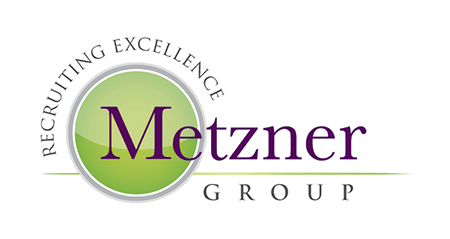Mergers, Acquisitions & Team Take Outs In Recruiting

During 2021, growth through mergers and acquisitions (M&A) continued to be a stronghold within the North American architectural and engineering consulting marketplace. Rusk O'Brien Gido & Partners reported that 2021 was a record-breaking year for A/E M&A activity. Professional services firms competing for talent have figured out that to grow in new regions or new disciplines, M&A or recruiting through full team take-outs is a viable option.
Traditionally, firms identify, recruit and hire practice builders or leaders in a specific market sector or location. These strategic hires are then tasked to build a team. While this practice still exists, many firms are targeting specific firms or leaders with cohesive teams to shorten the timeline for growth. These teams are enticed to move together for a new opportunity. It is a win for the team and a win for the hiring company! There is an old saying "People leave managers, not companies." While that can be true, it is also a fact that people leave companies to stay with their managers.
While firms have tried to thwart efforts of teams leaving by demanding leaders sign non-compete and/or non-solicit contracts, they are finding that staff and the courts are frowning on such agreements. The U.S. Department of Justice's promise to criminally prosecute “no-poach” agreements, have left employers questioning how to protect their employees and teams from being "poached" or recruited by competitors. For clarity, a no-poach agreement is an agreement between two or more employers not to hire employees away from each other.
Recruiting in the A/E marketplace for 30+ years, I have seen recruiting trends come and go. M&A and team take-outs are only going to increase as the market for talent tightens. A client recently asked me what ideas I could offer to keep talented staff and teams from leaving. The answers are many and varied. At the top of the list is reviewing company culture, something that is incredibly difficult to change. Exciting projects, compensation and great colleagues are great places to start...but lately staff and their teams won't accept a company culture that views them as widgets.
The Metzner Group Blog



